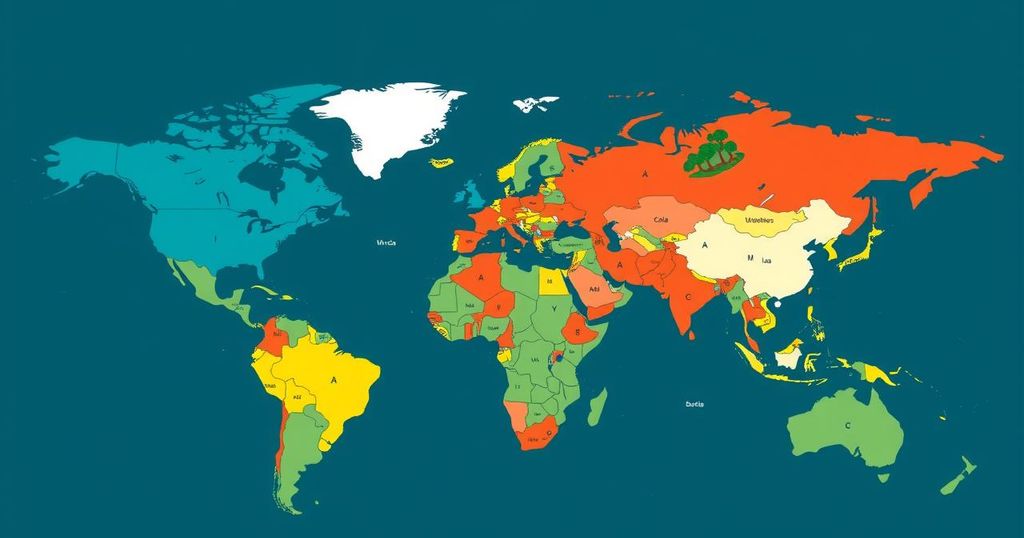Richer countries are beginning to provide financial compensation to poorer nations suffering from climate change impacts, as seen with the case of a Malawian farmer receiving $750 after Cyclone Freddy. A total of $720 million has been pledged to assist developing countries, but experts warn that this amount may be insufficient. The need for effective climate finance mechanisms is increasingly urgent, given the rising frequency of climate disasters worldwide.
In the wake of Cyclone Freddy, which devastated southern Malawi, a significant step has been taken towards addressing climate change impacts through financial compensation. Christopher Bingala, a subsistence farmer who lost his home and livestock, received approximately $750 as part of a pioneering “loss and damage” compensation program initiated by wealthy nations. This funding aims to assist low-income countries disproportionately affected by climate disasters, even though they are significant contributors to global emissions.
Thus far, wealthy nations have committed about $720 million to this fund, which was established at the last climate summit. Negotiations continue at COP29 in Azerbaijan regarding the specifics of this compensation framework. Experts warn that the funds pledged will likely fall short of what is needed as climate-induced disasters escalate. Philip Davis, Prime Minister of the Bahamas, emphasized the responsibility of wealthier nations to address the consequences of their emissions.
The calamity caused by Cyclone Freddy led to the displacement of over 650,000 people in Malawi, revealing the desperate need for financial support among low-income households. After receiving payment from the Scottish government, Bingala managed to secure a new home for his family, and the funding has helped numerous families recover from the cyclone’s devastation. There is a growing acknowledgment that this compensation system may need to expand beyond just recovery assistance to encompass preventative measures as well.
The potential financial demand for loss and damage funding could reach $250 billion annually by 2030, as the frequency and severity of climate-related disasters continue to rise. Davis highlighted that inadequate action by richer nations will ultimately affect them as well, as climate refugees could emerge from affected regions. This underscores the urgent need for a robust mechanism to address and finance the repercussions of climate change globally.
The issue of climate change has precipitated severe weather events, particularly affecting poorer nations that contribute minimally to greenhouse gas emissions. Countries like Malawi are increasingly experiencing the adverse effects of climate change, including intense storms and droughts. The establishment of a “loss and damage” fund aims to provide financial support to these nations to help them recover from climate-related disasters. This approach marks a pivotal shift in international climate finance, highlighting the responsibilities of nations with higher emissions to assist those vulnerable to climate impacts.
The establishment of financial mechanisms to address loss and damage from climate change represents a critical step toward equity in climate financing. While initial commitments from wealthier nations are encouraging, they fall short of what will ultimately be required to support the most affected developing nations. Continuous dialogue and commitment are necessary to ensure that adequate funding is provided and that vulnerable populations are not left to bear the brunt of climate-induced adversities alone.
Original Source: www.upr.org






